In late January, Neil Young issued an ultimatum to Spotify in response to The Joe Rogan Experience’s willful platforming of vaccine misinformation—resulting in Young’s catalog’s swift takedown from the streaming service. His critique quickly snowballed, with other notable artists removing their own music in protest of Spotify’s profit off Rogan’s message via an exclusive, $100 million-dollar deal—including Joni Mitchell, Nils Lofgren, Crosby, Stills, & Nash, and india.arie (who significantly noted Rogan’s “language around race”). Music fans en masse showed their support, opting to #DeleteSpotify and contributing to a company market loss reported between $2.1 billion to $4 billion—meaning an estimated $1 billion plummet in net worth for founder and CEO Daniel Ek due to his stake in the company’s shares.
But working musicians and superstars alike have long cited under-compensation issues at Spotify as a reason for fans and artists to seek alternative platforms. Beginning in 2014, Taylor Swift’s catalog was unavailable for nearly three years on the streaming service, after she noted she was “not willing to contribute my life’s work to an experiment that I don’t feel fairly compensates the writers, producers, artists, and creators of this music.” Radiohead’s Thom Yorke colorfully described Spotify as “the last fart of a dying corpse” in a 2013 statement explaining his band’s decision to take down its discography. And while much of that discography is now streamable, he’s continued to voice support for artists like Geoff Barrow decrying the woeful royalties their labor earns on the DSP.
In 2020, the Union of Musicians and Allied Workers (at which I am a co-organizer) launched its Justice at Spotify campaign, which demands, among other changes: a penny payout per stream (vs. the company’s current payout of approximately $.0038 per stream); transparency surrounding existing payola and hidden major label deals; a cessation of Spotify-initiated lawsuits meant to further reduce songwriter royalties. Nearly 30,000 musicians, including me, signed on in support of these demands, and that number is growing daily; in 2021, protests were held globally outside of 15 Spotify offices.
And UMAW is far from the only organization pushing demands like these. The U.K.-based campaign #BrokenRecord, spearheaded by Gomez’s Tom Gray, has also focused on equitable remuneration for musicians, and brought an inquiry into streaming economics to Parliament. Songwriters of North America, a grassroots advocacy organization fighting for the rights of professional songwriters, have tirelessly pushed back on Spotify’s appeals to the Copyright Royalty Board—appeals that would enable them to pay musicians even less.
Below, in their own words for SPIN, eight artists and one record label share perspectives on the many issues at Spotify—from Rogan to royalties and beyond.

Exploiting artists for profit was not invented by Spotify, but it does seem like they were better than anyone else at taking that exploitation to a completely new level, perfecting it with clever use of public assets and software automation. If artists can’t make a living wage from millions of plays of their content, it’s not a valid model. The business as a whole still isn’t profitable, but that hasn’t stopped the founder [Daniel Ek] from becoming a 3x billionaire in the process.
Rogan does have a lot of interesting guests, but [guests like Alex Jones and Robert Malone are] a whole other moral issue. It’s unforgivably irresponsible and damaging. For Spotify to give Rogan a pass—as they have for over two years now—is ludicrous, and a direct slap in the face to all the musicians they have been ripping off for a decade now.
There are slightly better-paying streaming services, but none of them, so far, have created a truly sustainable model, in our opinion. Sure would be nice if one of them took notice of what’s happening with Spotify and made some changes to their royalty calculations right now. If you really want to see what a pro-artist, 100% sustainable, music distribution system looks like, head on over to Bandcamp. It’s the antithesis of Spotify and the rest of the music business oligarchy.
If every artist who has music on Spotify, whether they control it or not, at least started the process of trying to pull it down tomorrow, it would have a massive, even unpredictable result. Combined with thousands and thousands of additional subscription cancellations, you could see real damage inflicted on Spotify very quickly. In our opinion it would flip the entire music biz on its head overnight. And right now, as I read the hundreds of comments on our band’s social media, there is a palatable feeling of solidarity and empowerment. We’ve been in the music business for decades and we have never seen anything like this. It’s quite invigorating and inspiring.
Kay Hanley, Letters to Cleo songwriter and co-executive director of Songwriters Of North America
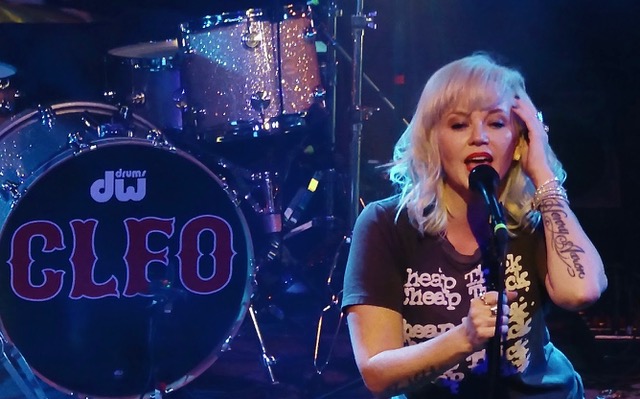
When my writing partner Michelle Lewis and I founded SONA in 2015, it was because we saw that the transition from album sales to digital distribution was creating a global marketplace built on stolen music IP—which was decimating the middle class of songwriters, composers, producers, and artists while making billions for digital music platforms. Spotify promised to change all that by offering a premium service that would re-monetize the music business, value music creators and recapture our lost earnings. When songwriters complained about “freemium” and terrible rates, Spotify promised we would all be happy once the platform scaled. When they scaled, we asked for a raise and they went to court (CRB) to pay us less and won. When recording artists complained about the absurdity of having to get millions of streams just to make minimum wage, Daniel Ek told us to work harder and release more music. Spotify executives have said in public that music creators are “entitled” for wanting our fair share while base pay for a software engineer is just south of $200K.
And where are we now? Ek uses the billions he’s made off our work to do very not music business stuff like invest in AI defense tech, and endow a global chit chat platform to a fascist-curious jock. It’s the type of shit that would have put a terrestrial music distributor out of business at any time in music history previous to this one. Spotify sucks. Let’s take our awesome product and go where we’re wanted.
Devin McKnight, Maneka
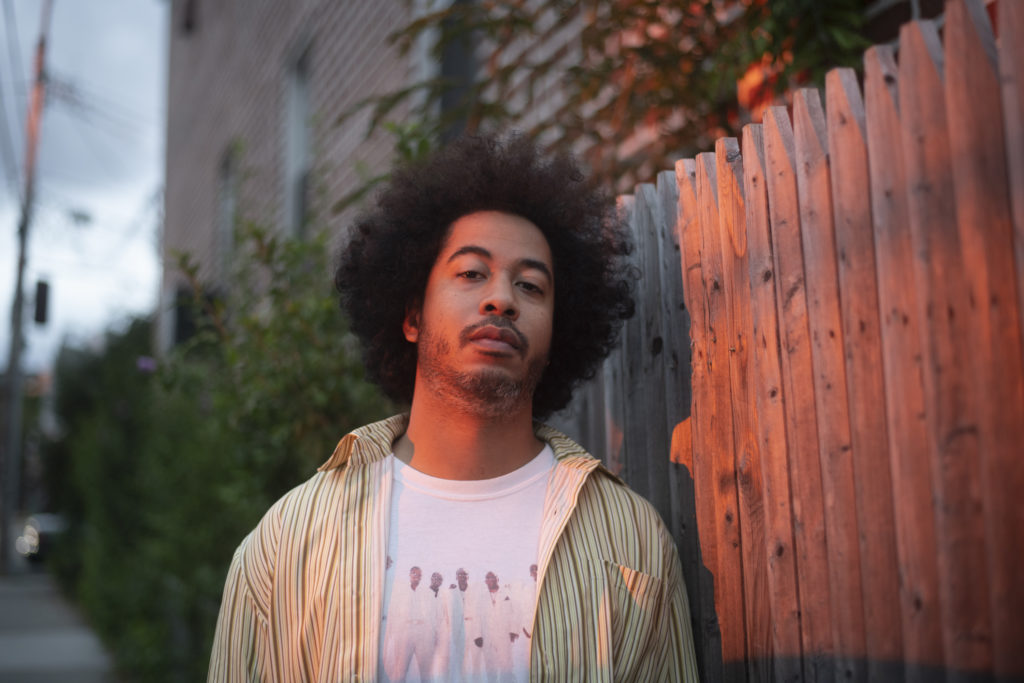
As an artist that hasn’t been around very long and doesn’t have a huge platform, every t-shirt, record, CD or tape that I sell means everything to me. Every stream of my songs—that I have to pay a PR person to help push for me—could potentially also be food in my mouth or gas in my car. But at the rate of pay and the confusing tiered revenue share, I might only be able to afford a Twix bar and a single ride on the subway. It makes zero sense for me to pump so much money and attention into pushing a product that yields so little income.
I could potentially take my music off of Spotify, but I’d then be missing out on the largest listener base on the planet. Who can blame consumers for choosing the cheapest option for all the music ever created? Spotify could make the choice tomorrow to profit a little less and pay a little more, but I don’t know a capitalist who would make that choice without being forced. If any major modern artist has the power to do so, they should remove their music from Spotify. And any consumer fed up with hearing awful things about the company should switch to Tidal or Apple. It won’t be a huge difference immediately, but it’s a start to forcing their hand in the future.
Max Collins, Eve 6
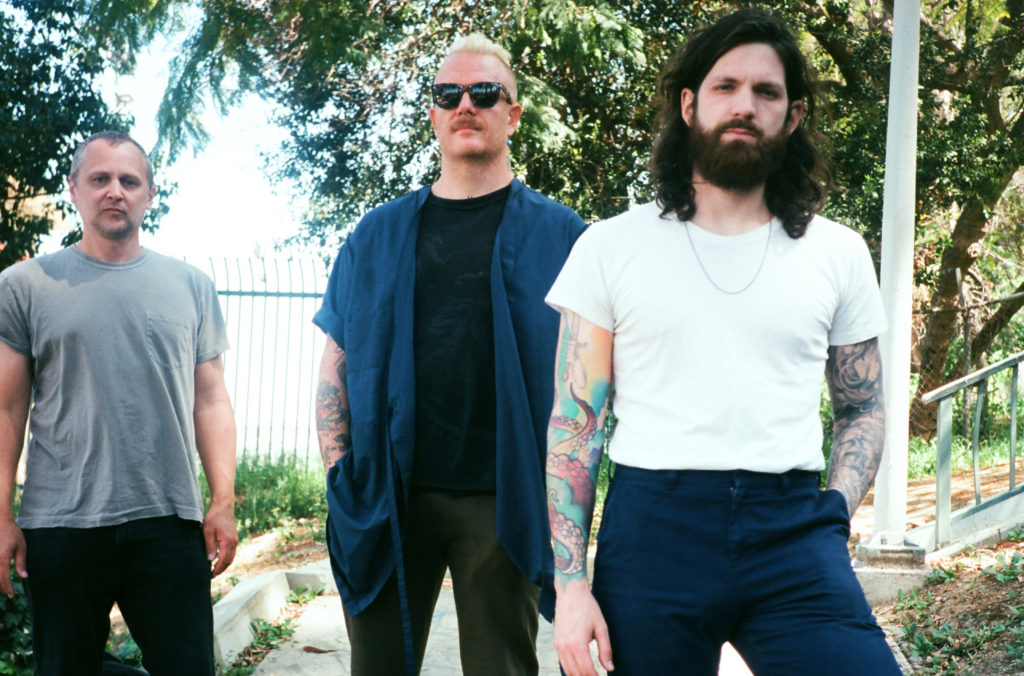
The point that we’re trying to smash through the noise of the Spotify discourse is that our issue with them is separate and distinct from the Joe Rogan, Neil Young, culture war stuff. The real story here, and the more interesting one, is that Spotify has been in the business of doing flagrant artist exploitation since before they cut Joe Rogan his first $100 million check. It doesn’t matter where you land in the culture war debate; a cursory look at Spotify’s payment methods and the deals they made with labels to double and triple profit off of artists’ work, while the artists get nothing, is so impossibly egregious that the facts speak for themselves. People of all political leanings have a visceral reaction to it.
Julia Holter, songwriter and representative for the Union of Musicians & Allied Workers
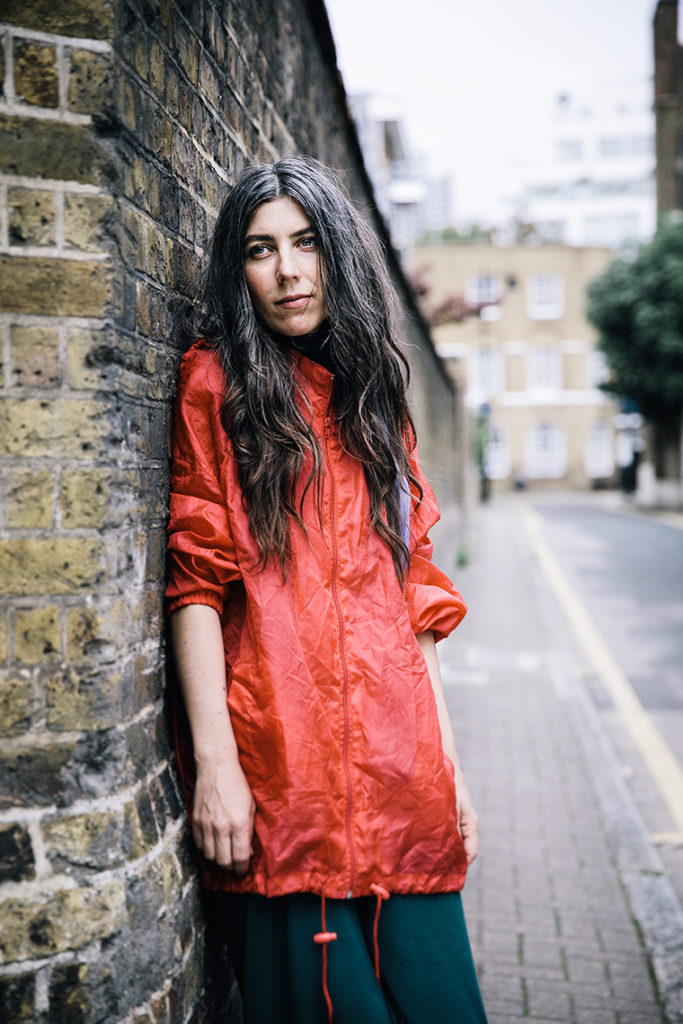
As many have already noted, Spotify’s choice of Joe Rogan over a beloved artist like Neil Young provides further evidence that music has no value to Spotify. UMAW’s Justice at Spotify demands have sought to address the devaluation of music that Spotify has and continues to oversee with practices like its free tier—as UMAW member Damon Krukowski says in his writeup The Big Short of Streaming, “Spotify’s profit requires that digital music have no value.”
For me personally, the Neil Young and Joni Mitchell exodus from Spotify has been inspiring (especially as I am a huge Mitchell fan, always inspired by her fearlessness as an artist, and I love Young’s music too). While Young’s concern is a different subject from what UMAW has been working on with the Justice at Spotify campaign, it’s not unrelated, and it’s amplifying the much-needed discussion about how Spotify treats the artists whose work it streams.
Tanya Donnelly, Belly

The umbrella issue here is that Spotify represents the tech company model of underpaying artists as routine business. While understanding that all platforms host voices that spread propaganda and misinformation, in this moment, Spotify has handed $100 million to a podcast that we feel is possibly complicit in prolonging a pandemic that hurts artists by limiting live performances, not to mention putting medical staff and essential workers at further risk. And while we are financially inconsequential to Spotify, we are exercising our free speech in expressing that we don’t want to contribute our streaming pennies to the lining of those pockets.
Ted Leo
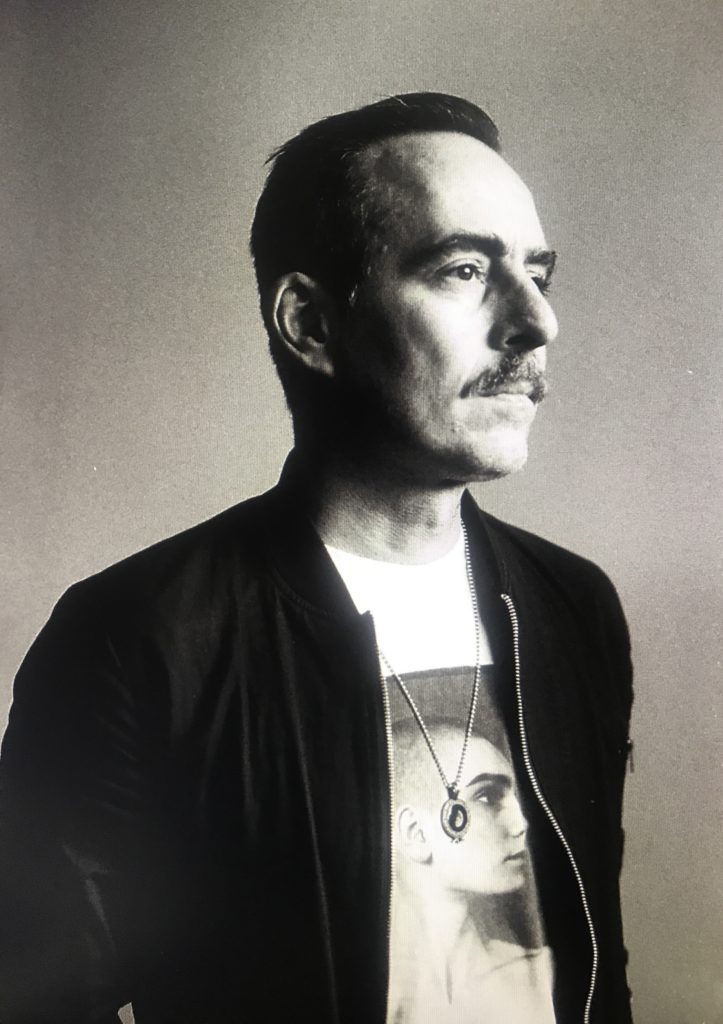
While the investment of money made off other people’s art into the defense industry is off-putting to ME, practically all major corporations have some investment in defense, and some of us have been speaking about that for decades. The latest slap in the face has been the investment of one hundred million dollars in making The Joe Rogan Experience podcast a tentpole of the platform. Not only does this show that music is not a priority for a platform that built itself on the backs of musicians, but it centers and promotes a person who traffics in, yes, COVID misinformation, but also platforms transphobic, racist, and other harmful conspiracist voices. It’s just a bad bad decision and a real bummer all around.
There ARE some places where they’re at least trying to get more equity for musicians. Tidal has a tier where most of your subscription goes only to the artists you listen to. Qobuz is hi-res streaming and pays one of the highest rates, I believe.
I think some legislation establishing a fairer minimum streaming rate pegged to things like gross revenue and cost of life changes (don’t ask me how—I’m not a congressperson) could be useful. But I also think that as long as our culture pegs value to monetary success, we’re going to keep just having to find ways to mitigate the damage and try to provide for each other as we can. Consumers probably actually have more power to move the needle on this than artists themselves.
Koji Shiraki, Get Better Records
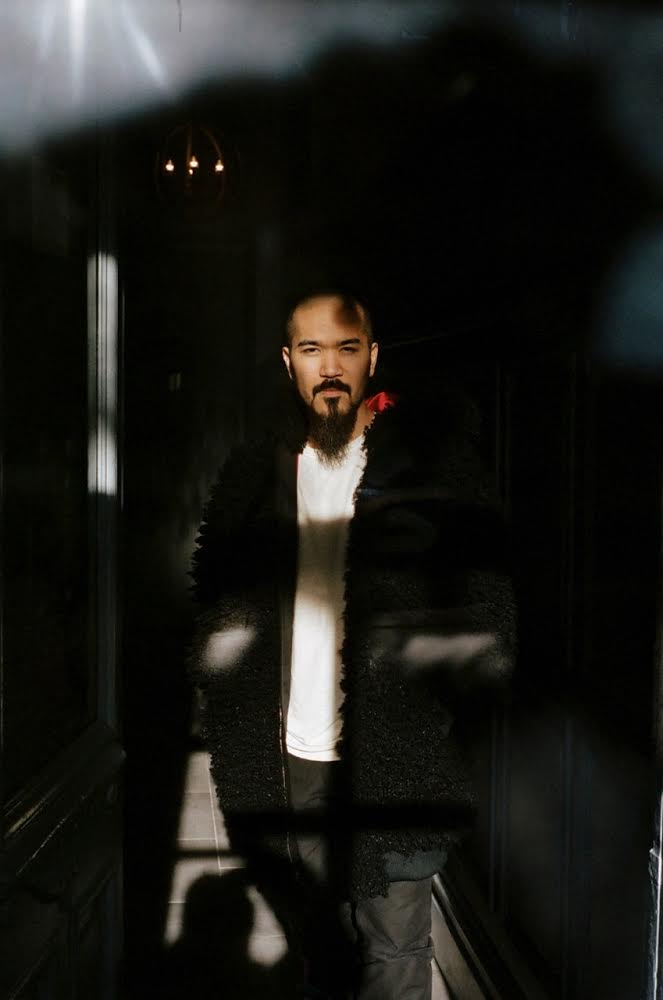
Joe Rogan’s views are transphobic and eugenicist, and these are the attitudes being pushed out to our families, teachers, bosses, and the police. This is why it’s not safe for trans people at home, work, school, and in the street. Our concern as a queer and trans-run label is building a world in which all people can thrive, and people like Joe Rogan put us in a position where we have to focus on staying alive.
Jeff Rosenstock
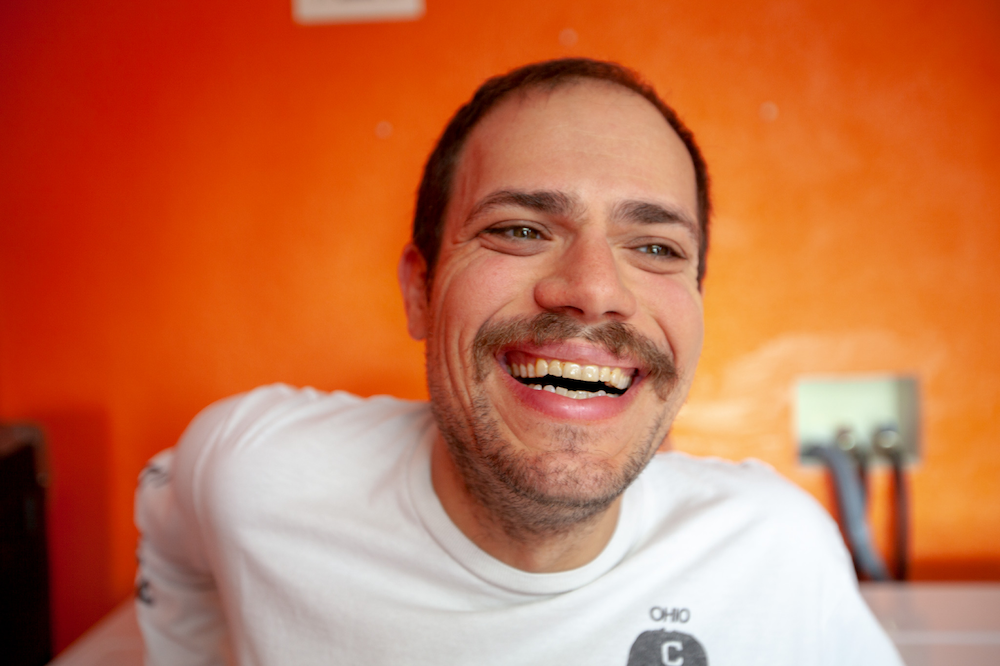
The fact that we have tech companies guiding the future of music is a bad thing. I’m not saying that cultural gatekeeping of the years before was any better. They are both bad options. But Spotify does shit like: albums can’t be listed chronologically anymore. You can only have the album cover in a tiny frame. I bet the screen is like 80% app and 20% artwork. It presents your top 5 songs as the thing to listen to for fans instead of letting them find their own path. And having that top 5 is great for singles, but I like albums, too. I don’t think the future of music should erase the albums.
Bandcamp and iTunes are great alternatives when you pay for the downloads, if you’re trying to financially support an artist you like. Streaming doesn’t really pay much; you can barely factor it into the equation as income ’cause it’s unreliable and low unless you’re doing super well. So any time you can throw money for music in a different way other than streaming is a good thing, if you want to directly give the artists you like (or their labels) money.
If you want to support in a different way, tell everyone you know about the artists and bands that you like. Don’t let the algorithm make that decision for you. The double-edged sword of this infinite access to music—which is incredible—is that it’s easy for a lot of good stuff to get caught in the ocean. If word gets out about an artist or band that you like, that helps them afford to do it.
[Change] should come from the fucking companies making the apps! Streaming platforms are like fucking five years old, shit isn’t etched in stone and if this is going to be THE FORMAT for the next decade it’d do everybody a lot of good if we were paid fairly so more good musicians could make good shit and we could all get along. Don’t treat it like it’s fucking Squarespace, it’s music. LISTEN TO MUSICIANS. Have someone running your company who cares about music, not investors. Your entire platform is based on what we create, and you’re telling us you can’t even give us ONE CENT per stream? Get the fuck out of here!
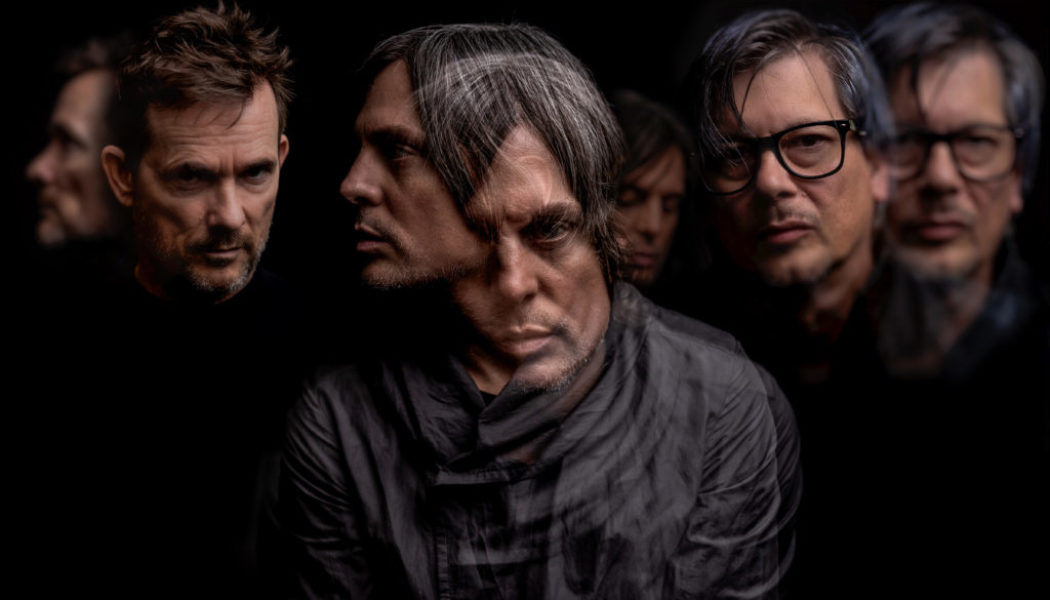

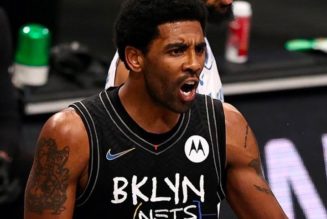
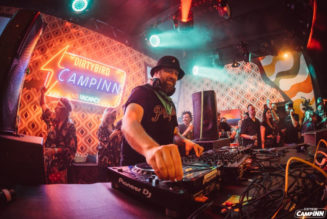

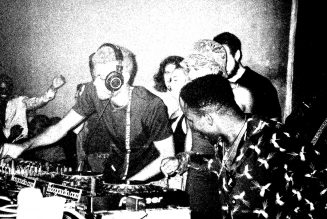


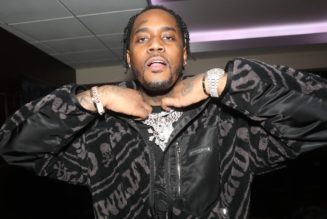

Tagged: Belly, eve 6, Failure, FEATURES, jeff rosenstock, Julia Holter, Koji Shiraki, letters to cleo, maneka, Spotify, ted leo